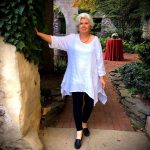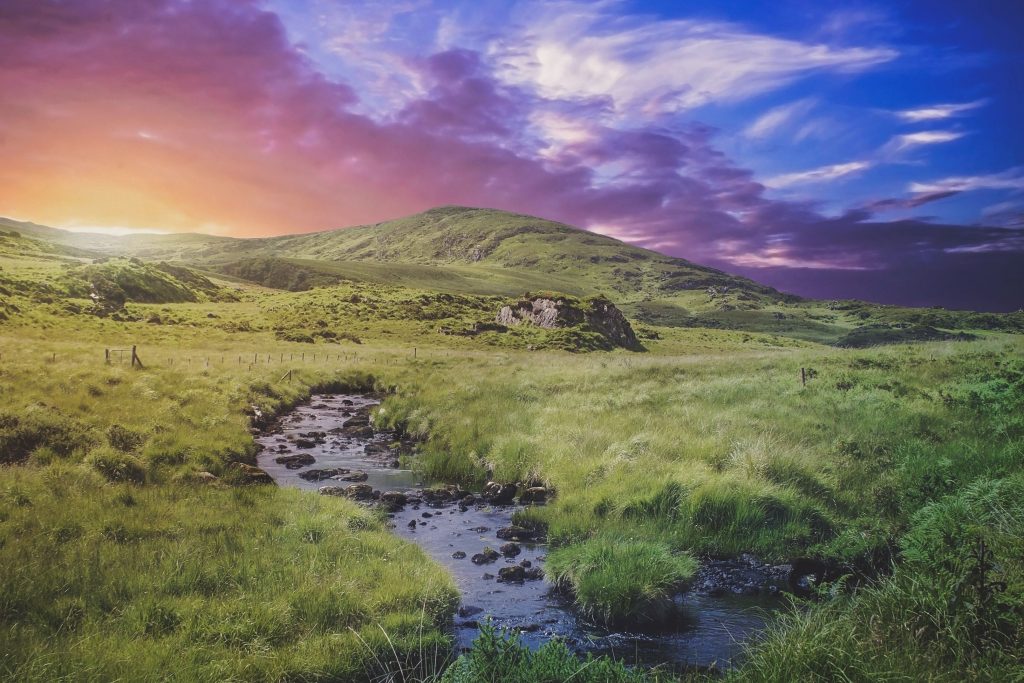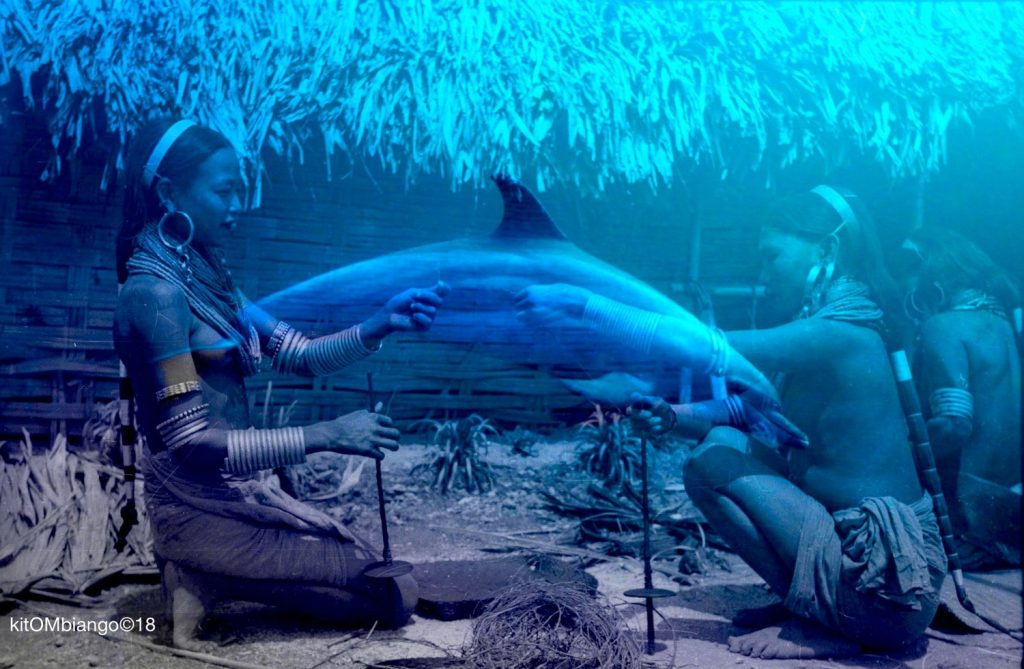Our Collective Journey
“Distinct from metamorphosis, where a butterfly emerges from a cocoon suddenly and magically, the pearl is conceived first in pain, laboriously worked on, and results unexpectedly in a jewel.” – Jeanne Chiang
Outside the window here in Pennsylvania, migratory birds are making a beautiful racket as they fuel up for their collective journey south. At the same time, thousands of birds are falling from US southwestern skies. Forced to skirt the smoke from wildfires, they have detoured into desert territories without food or water to sustain their journeys. They fly until they perish.
Do all birds somehow feel this collective loss, this avian holocaust that began decades ago as the forests and insect populations steeply declined? Do birds have collective awareness, memory of wildly vibrant woodlands and pristine waters teeming with life? It’s almost too painful to contemplate. We have lost nearly a third of our birds in fifty years.
Such difficult truths are painful, and we are hardwired to avoid discomfort. But if our first reaction is to run away, we never learn the deeper truth beyond the thing we fear. When we push away the pain of loss – birds, rainforests, human life – we push away the complexity and beauty too. Life on Earth developed only once and all organisms are interrelated. Because birds exist, we exist. And the same goes for fish and trees and bacteria. We inter-are. To reach this insight we have to be willing to let some of the pain in, and to see our part in it.
Alnoor Ladha, activist, writer and friend, collaborated on this edition of Kosmos. As a guest editor, he curated several features under the hashtag #CuraDaTerra, (Cure of the Earth), and offers this:
As we start to see how all oppression is connected, we can also start to see glimpses of how all healing is connected. And that our own liberation is not only bound up with that of others but that our collective future is dependent on it.
We are a young species with everything yet to learn. The well-loved writers, speakers and artists in these pages – Vandana Shiva, Charles Eisenstein, David Abram, and others – are shining light into our shadows. They help us feel the pain in order to gain the pearl. The pearl is purpose.
Humans may not be the highest purpose of Life, but Life must be the highest purpose of humans.
Understanding purpose requires conscious alignment with an evolving, living Earth. We don’t invent purpose, we find it, we stand in its light. When we allow Earth’s purpose to guide us, we know how to act in harmony with Life. Purpose drives our positive activism, our adaptive capacities, innovation, and faith. It feeds our resilience to change and our resistance to injustice. Choosing to consciously serve Life, purpose is our raft on the rapids of change.
These words from Kosmos contributor Robert Cobbold say it clearly:
If, as a species, we can successfully make the transition to Conscious Evolution, not only will we dramatically increase our chances of survival, but we will be stepping into a story which can provide meaning and purpose for humanity’s existence.
Today, the birds are still singing as they prepare for their journey. Mother Earth is still here, alive! The leaves are turning color once again – crimson, yellow and orange – compost that will feed the trees in the dark days of winter. The collective pain we are enduring will feed us too, nourish our understanding. The journey is likely to be hard, but there is so much joy and beauty too. Life is still here to cherish, right now, as Earth continues spiraling through the cosmos. We are honored to share this precious gift of time with you.
Thank you for your love and support of Kosmos.







As usual, deep thanks for your editorial, Rhonda.
Very powerful sentences on purpose. I like ‘purpose is our raft on the rapids of change’. Indeed we do not invent purpose, we find it. But do we need to understand it?
I feel a little unease with the comparison between the butterfly and the pearl. I like the recklessness of the first while navigating in the unknown, ready to catch anything in the instant she lives, and contributing to Life.
I recognise some hint from our judeo-christian mindset in the words conceived in pain and laboriously worked on.
In both the butterfly and the pearl, the emergence process arises, in a complex world, unexpectedly.
A last comment. Yes, the birds have a collective consciousness of woodlands and waters. Let’s look at murmurations!
Peace and Love
a
Thank you, as always Alain. I’m not advocating attachment to pain – rather that we acknowledge and take care of our pain – often a first step in transformation. We mourn what we love. And grief often awakens purpose. Best wishes 🙂
I want to express my deep love and appreciation of Kosmos. To all its creators, contributors, artists, activists and poets, you provide much needed nourishment and encouragement and kinship. Thank-you.
Heartfelt thanks Jennifer!